Logistical hurdles pave the way for Virtu, a company focused on gas transportation through highways
10/05/2022
/i.s3.glbimg.com/v1/AUTH_37554604729d4b2f9f3eb9ad8a691345/internal_photos/bs/2022/x/j/3uSAISRMGWcAucfc4c1A/05emp-100-gas-b2-img01.jpg)
Hamilton Amadeo — Foto: Leo Pinheiro/Valor
An unsuccessful auction held by the federal government on September 30 put the viability of thermoelectric projects in the interior of Brazil in jeopardy. It was expected to contract 2,000 megawatts in the North and Northeast regions, but only 729 MW were negotiated thanks to the gas from the Amazonas state, which made projects possible.
The logistical situation is still a challenge. The bidding was designed to encourage the construction of pipelines as the network of gas pipelines, of only 9,500 kilometers, is concentrated on the coast.
Today, the fuel for Eneva’s Jaguatirica Thermoelectric Plant (140 MW) is transported by trucks in a mega-operation involving 84 vehicles, which daily carry 800,000 cubic meters of natural gas from the Azulão field all the way to the plant. Virtu LNG, a company controlled by Coencil, is in charge. The former CEO of Aegea, Hamilton Amadeo, left the basic sanitation industry and recently took over as Virtu’s CEO. He says the lack of pipelines is a growth opportunity.
“Most players still don’t know that it is feasible to do that. Everyone is focused on pipelines in their own operations. Companies that have a gas field are often reinjecting it because they have no way to transport it,” said Mr. Amadeo.
Today Brazil has less than 9,500 kilometers of gas pipelines, according to the National Agency of Petroleum, Natural Gas and Biofuels (ANP). The distribution pipelines, on the other hand, are almost 41,000 kilometers long, according to the Brazilian Association of Piped Gas Distributors (Abegás).
The bottleneck is worse in the North region: there are only 802.1 kilometers of transportation pipelines. The difficulty of environmental permit and the amortization period make transport pipelines unviable, but they could open up a market for Virtu.
From Azulão (in the cities of Silves and Itapiranga, in Amazonas) to Boa Vista (Roraima), each truck travels 1,100 kilometers. The executive says that the costs are competitive in distances above 200 kilometers.
Given the logistical challenge of the region, the company needed to set up its own support infrastructure in point-to-point operations, with dedicated support equipment. “An operation like this requires nearly R$100 million of capex,” he said.
The process is done with cryogenic technology, liquefaction solutions, storage, transport and regasification in small scales. Mr. Amadeo said that liquefaction reduces the volume by 600 times, making transportation easier.
“We are in the final stages of enabling a joint venture with Eneva to develop these alternatives. Eneva understood that much of its gas will need this knowledge,” he said.
There are 212 isolated locations in Brazil, most of them in the North region. Consumption is low and accounts for less than 1% of the country’s total, supplied mainly by diesel -fired thermal plants. Mr. Amadeo sees market opportunities, besides the advantage of using gas, a less polluting fuel.
Roraima is the only state in the federation outside the country’s integrated electrical system. For years the state was served by Venezuela’s Guri transmission line, but after several blackouts, the lines were disconnected, and Roraima’s power depends on thermoelectric plants. The Tucuruí power line, which would connect Manaus (Amazonas) to neighboring Roraima, has been promised by several administrations, but the problem comes up against the indigenous issue, since part of the route cuts through the Waimiri Atroari indigenous reserve.
The government says that a new judicial agreement allows the resumption of work on the transmission line between Manaus and Boa Vista.
Eneva was one of the winners of the last auction and will have to build a new venture to be operational by the end of 2026. Mr. Amadeo says that Virtu’s services have synergies with new power generation projects in regions not served by pipelines, but that Eneva has other plans.
The Azulão-Jaguatirica operation does not change at all. The company will continue to transport LNG by road from Amazonas to Roraima.
“For the new thermoelectric plants that will be built in the Azulão Complex, most likely small pipelines will be built within Eneva’s operation, to take the gas from the wells to the generation plants.”
In the case of the Reserve Capacity auction, the congressional lobby to create an artificial demand did not appear in the expansion studies of the Energy Research Company (EPE), and the signal the market gave was towards not contracting in the Northeast. The government already recognizes that investments in gas pipelines are not always the best alternative.
“The transportation of gas can be done in several ways. Pipelines not always are the best alternative from the economic standpoint. Many times, the traditional modes are used [road, river, among others] with compressed or liquefied gas, until a sufficient scale is achieved to economically justify the heavy investments that a gas pipeline requires. In the Amazon region, it is even more challenging because of environmental issues,” the Ministry of Mines and Energy said in a statement.
*By Robson Rodrigues — São Paulo
Source: Valor International

/i.s3.glbimg.com/v1/AUTH_37554604729d4b2f9f3eb9ad8a691345/internal_photos/bs/2022/4/L/X2MvWDThutM4tFkcABBw/05fin-100-poupa-c1-img01.jpg)
/i.s3.glbimg.com/v1/AUTH_37554604729d4b2f9f3eb9ad8a691345/internal_photos/bs/2022/m/h/qYBxUqQiaXbshsEO8AzQ/300922-20unidas-20003.jpg)
/i.s3.glbimg.com/v1/AUTH_37554604729d4b2f9f3eb9ad8a691345/internal_photos/bs/2022/T/D/4fZCVYQZ6hhcyBBx4uuA/160217lca47.jpg)

/i.s3.glbimg.com/v1/AUTH_37554604729d4b2f9f3eb9ad8a691345/internal_photos/bs/2021/d/x/JE0j7SQoaAVc1BYnOPBg/bala-180416iedi15.jpg)
/i.s3.glbimg.com/v1/AUTH_37554604729d4b2f9f3eb9ad8a691345/internal_photos/bs/2022/1/s/ebUn3DTJ6HDDrmPAcBEQ/170321carlosgadelha01.jpg)
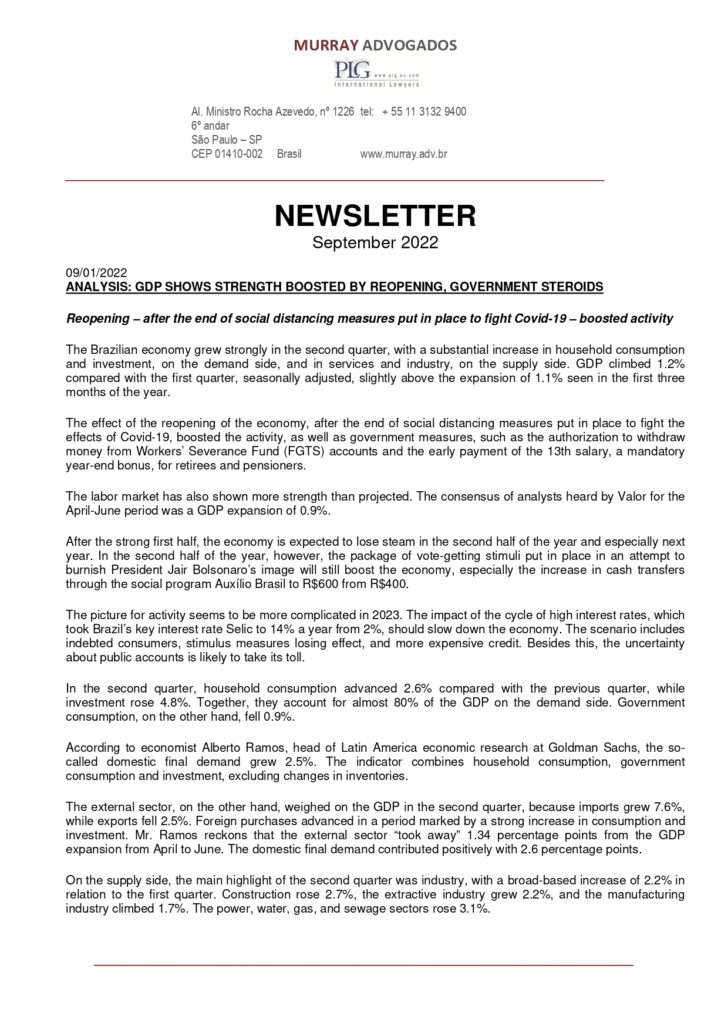
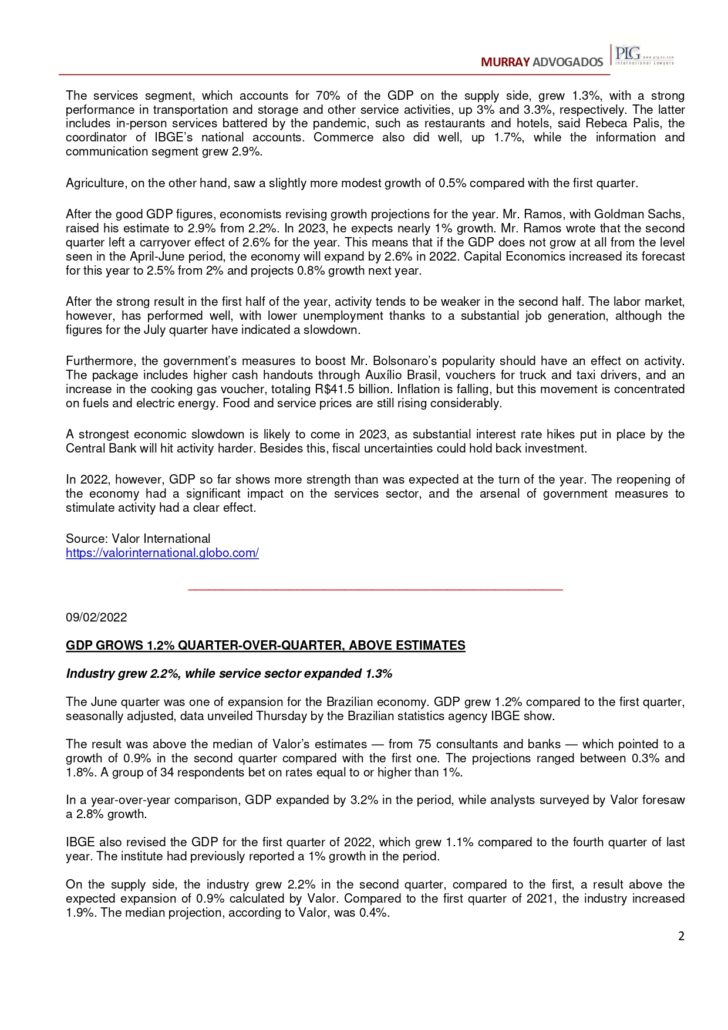
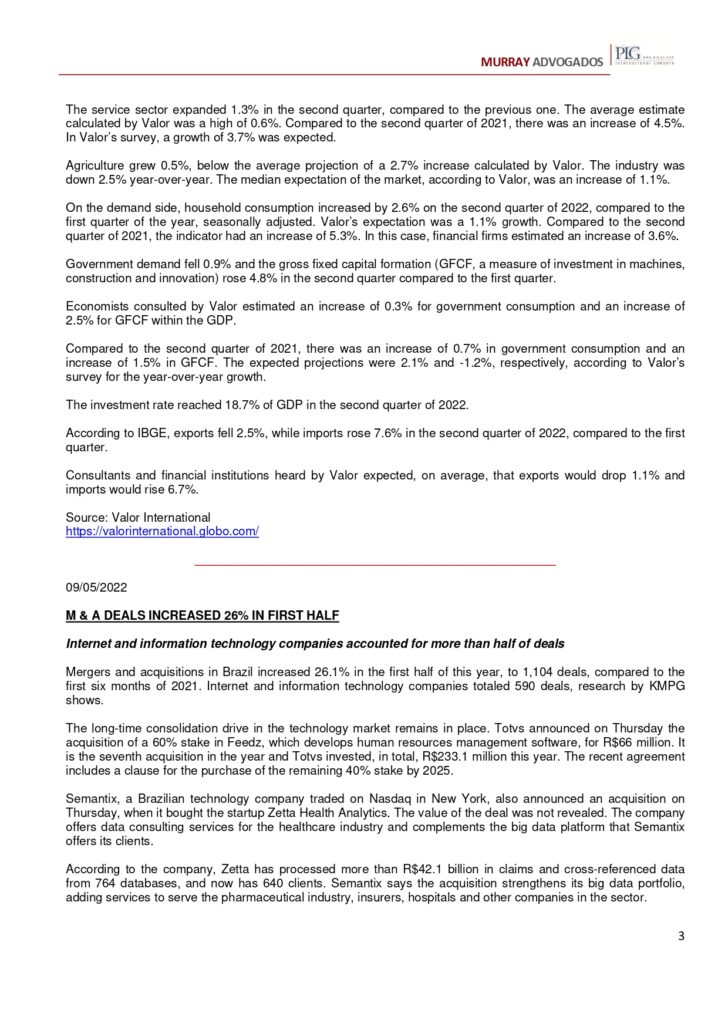
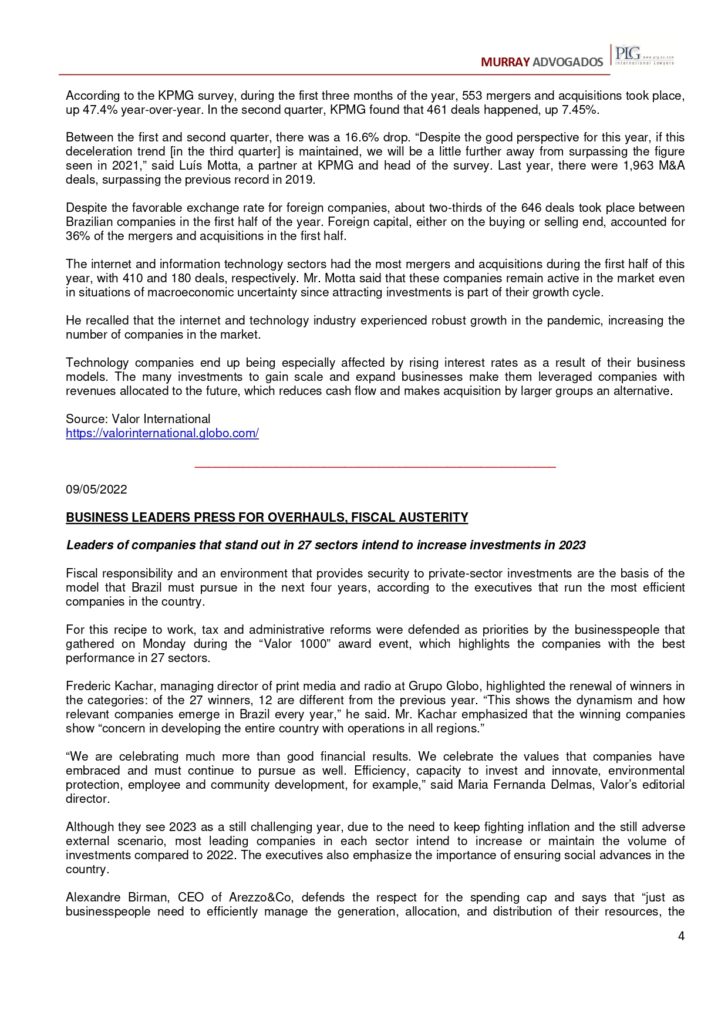
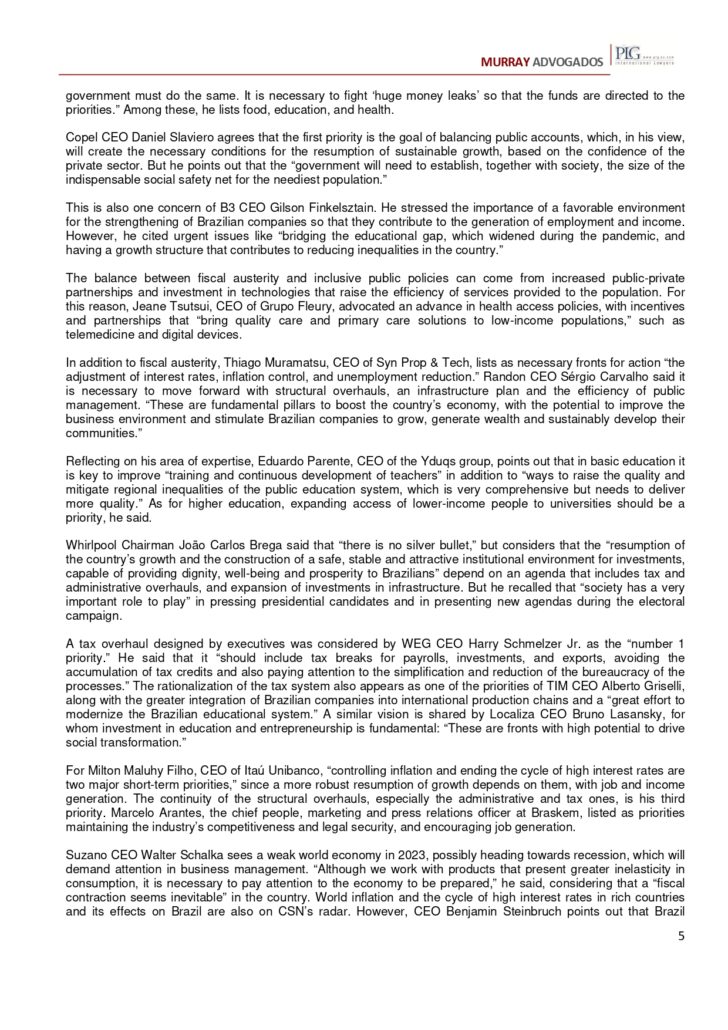
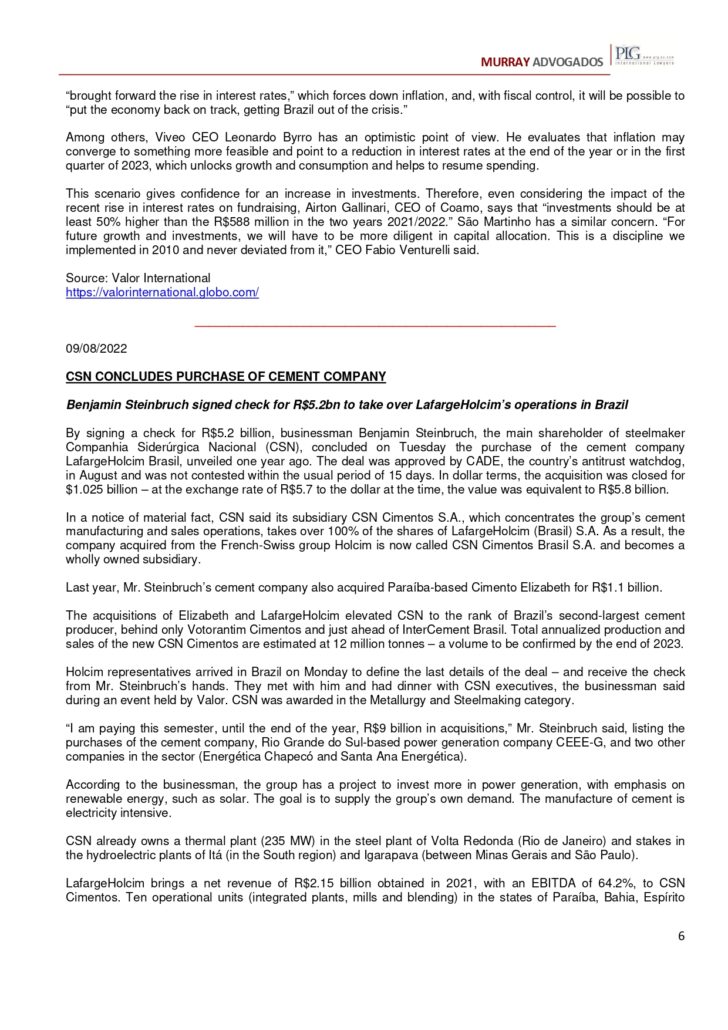
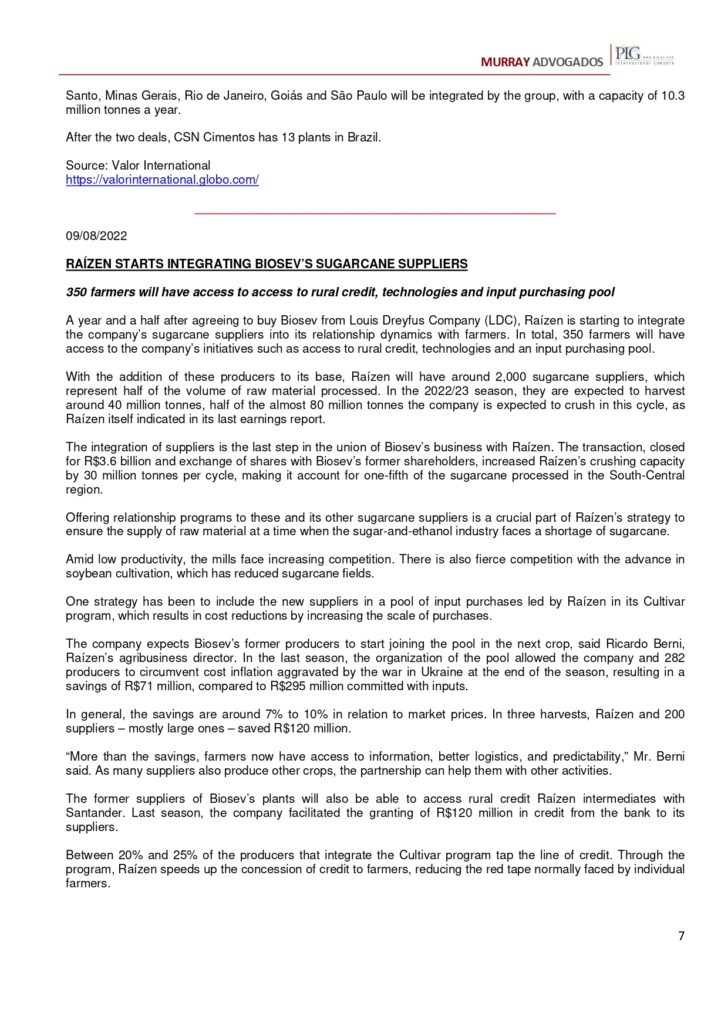
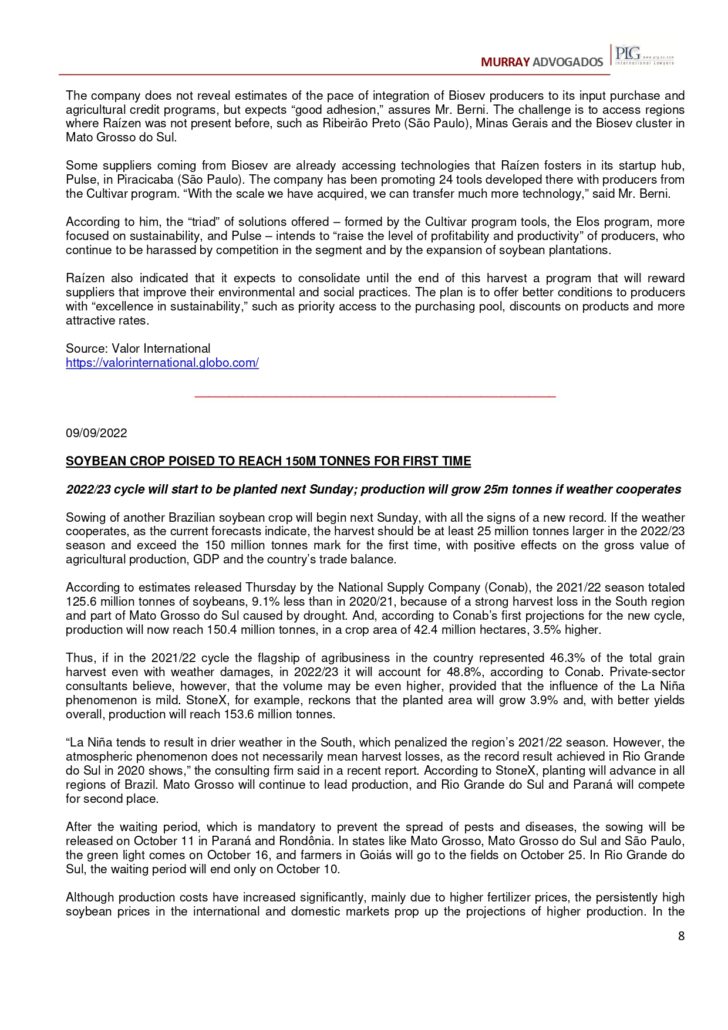
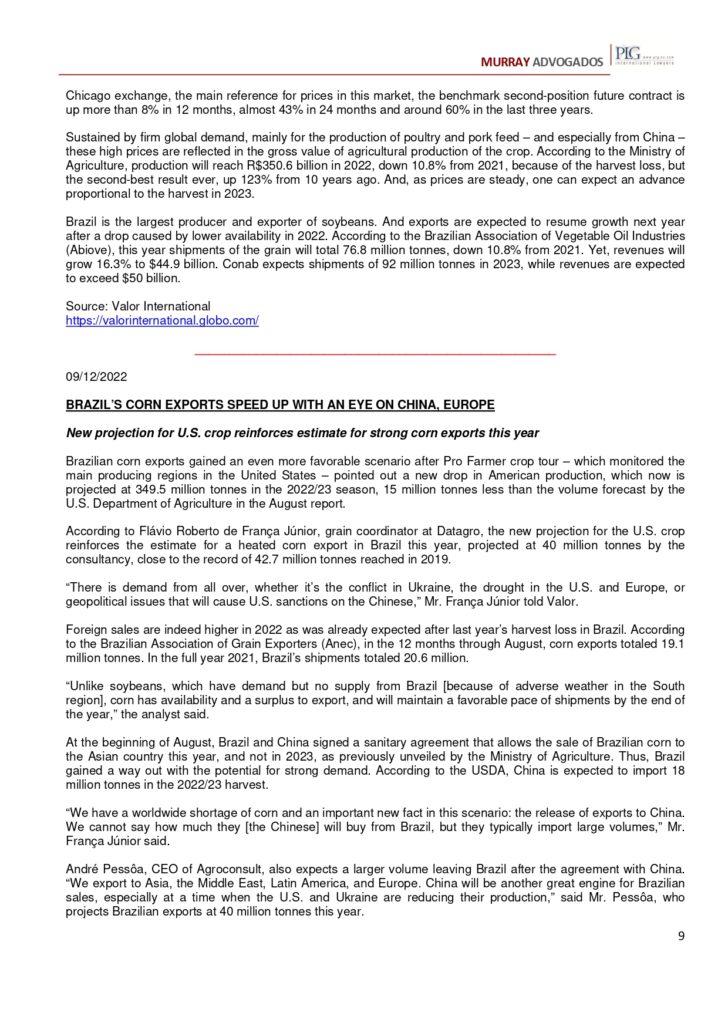
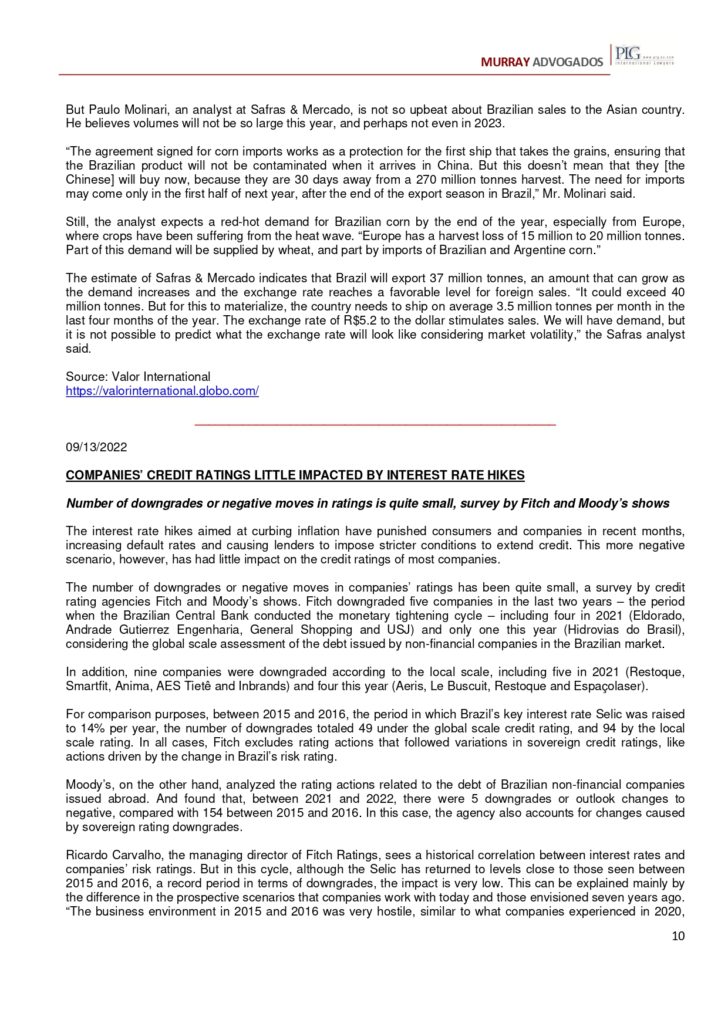
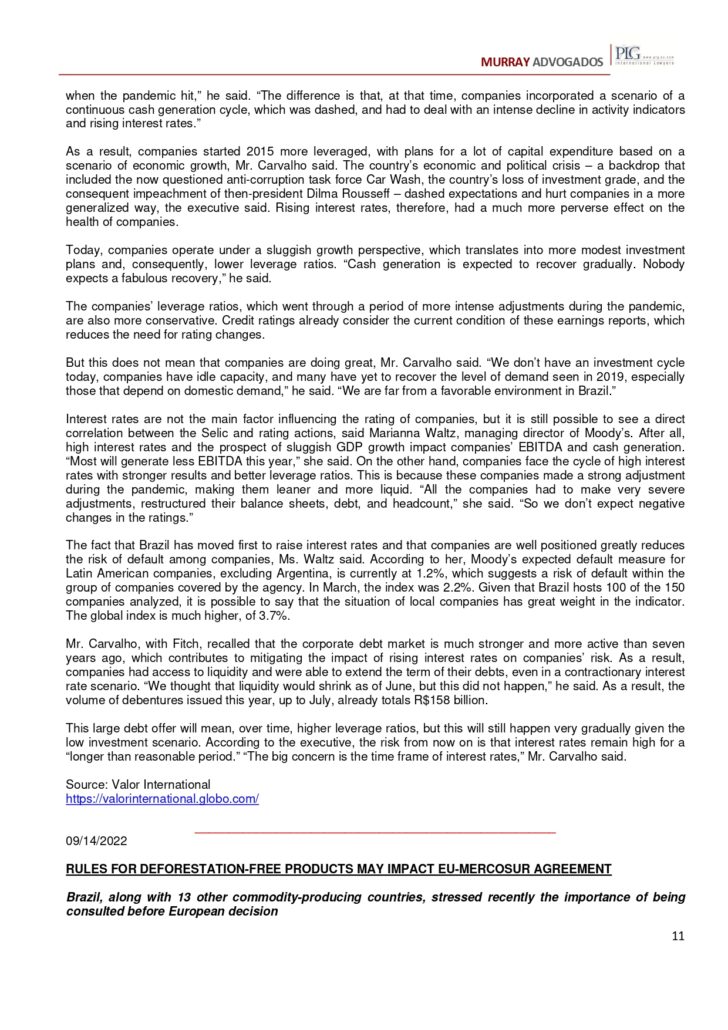
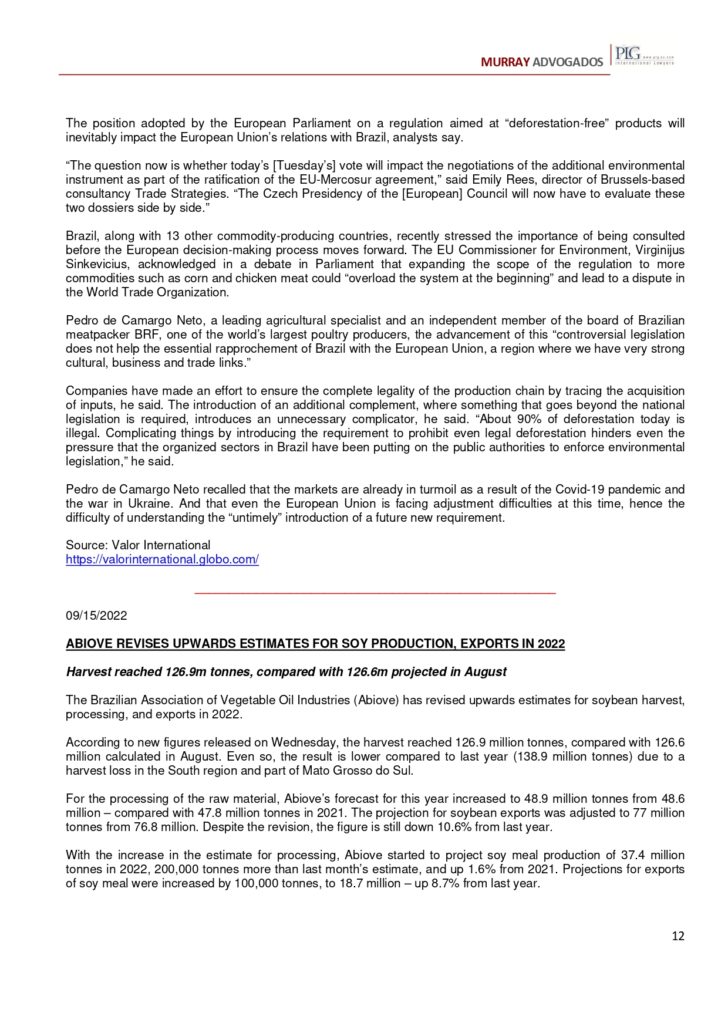
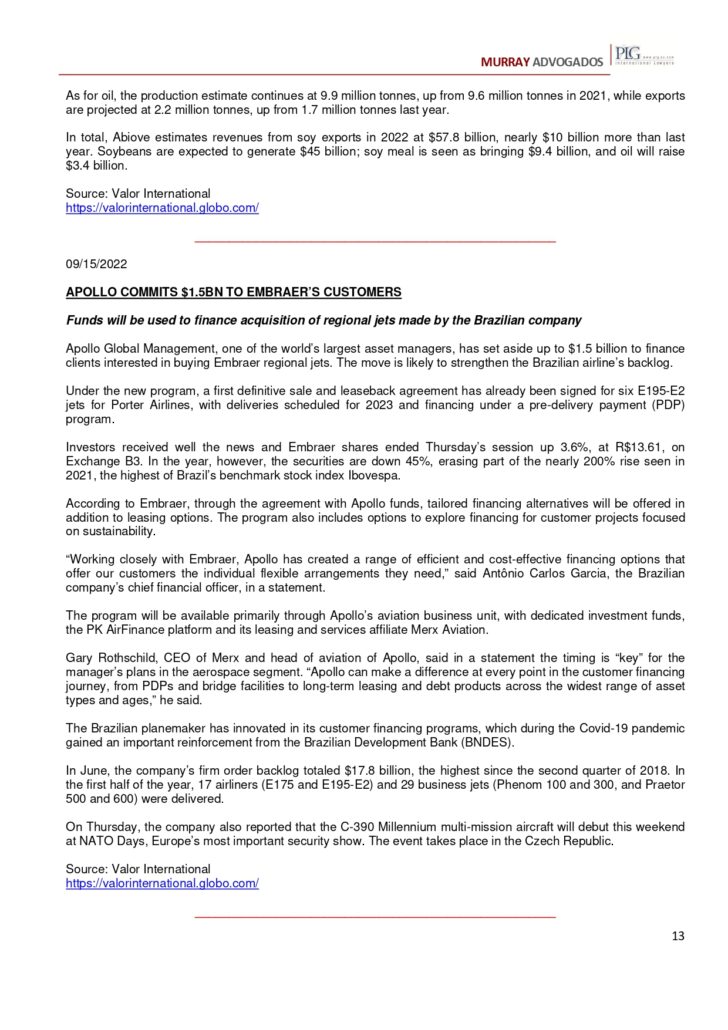
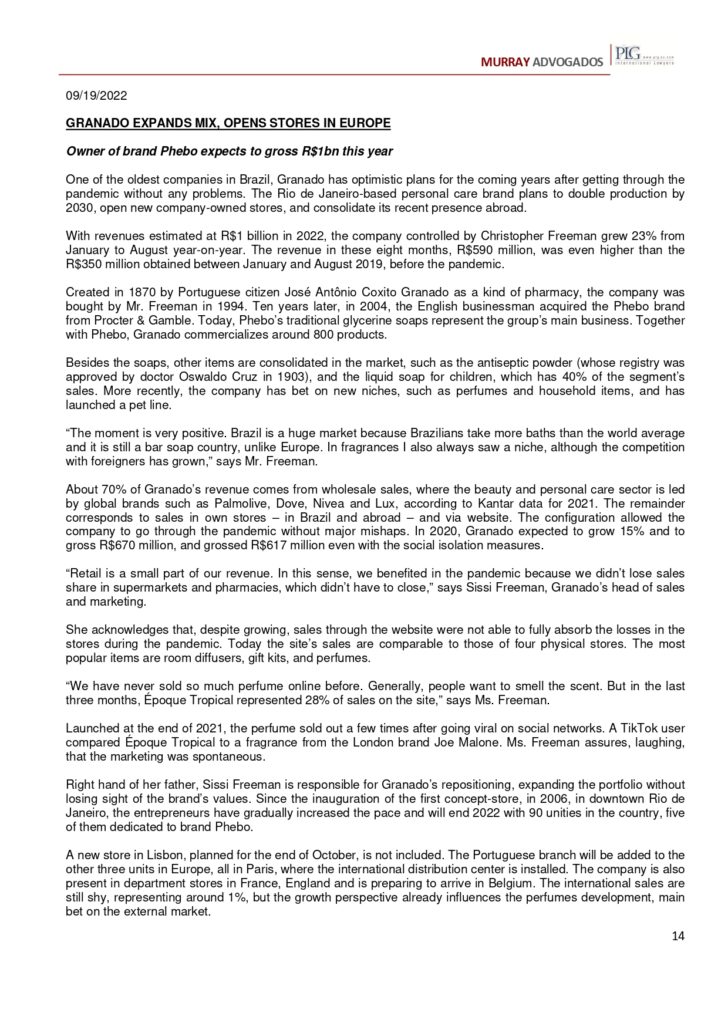
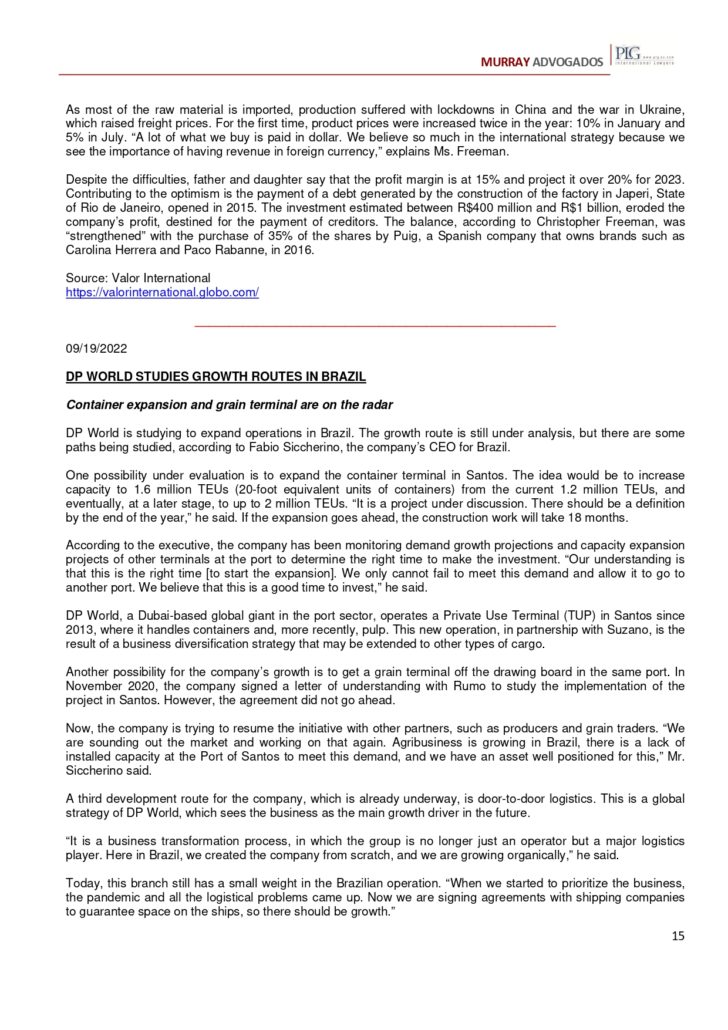
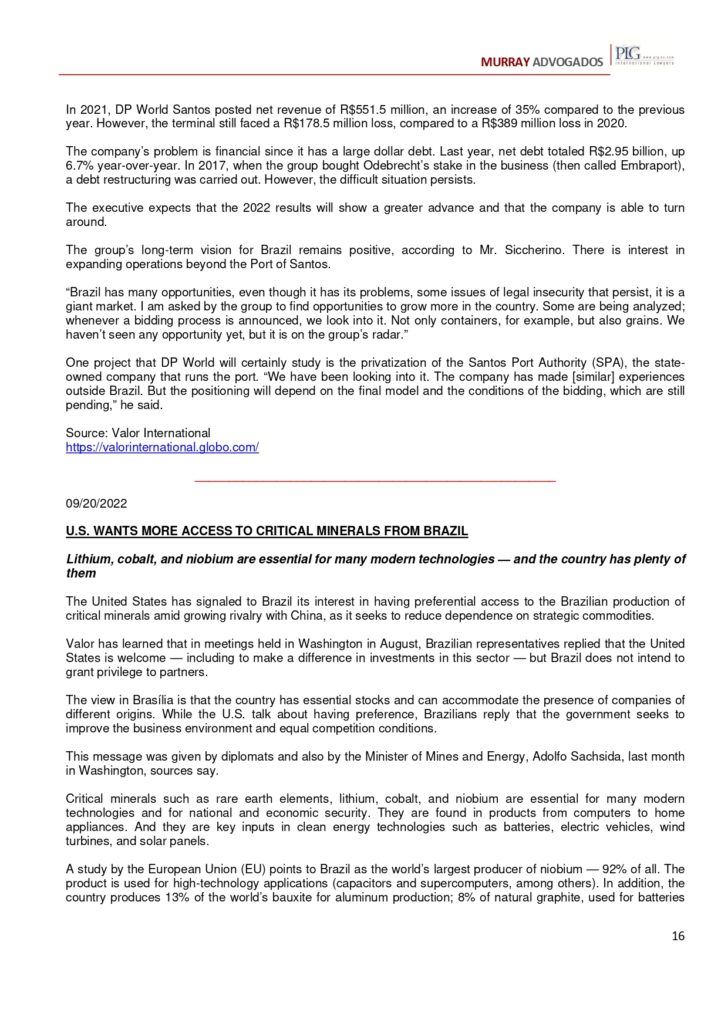
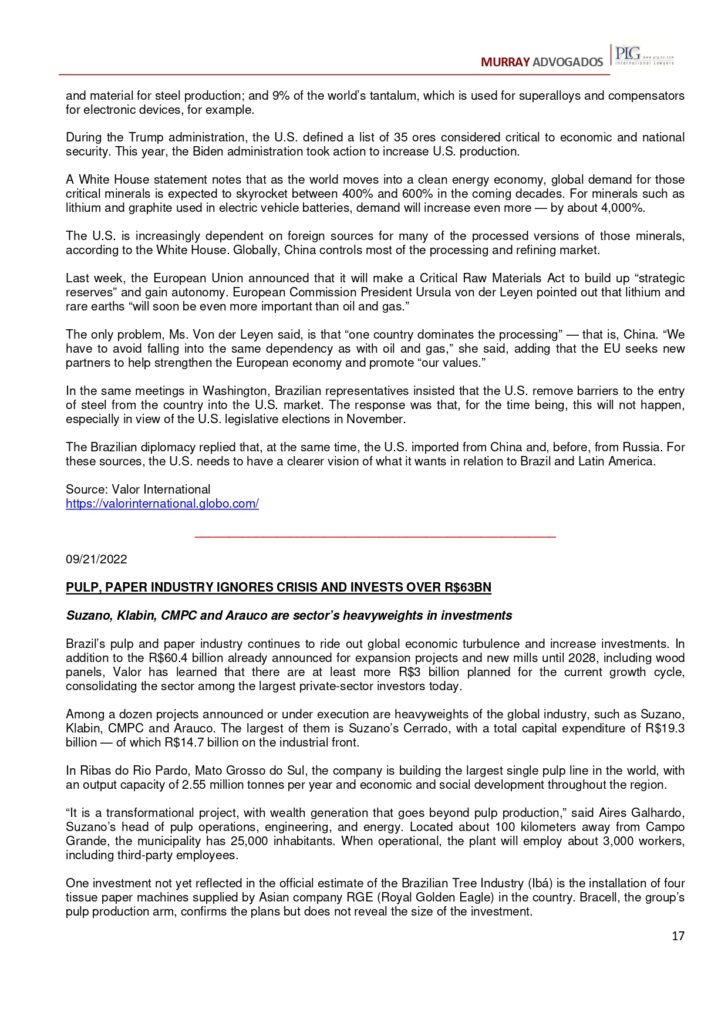
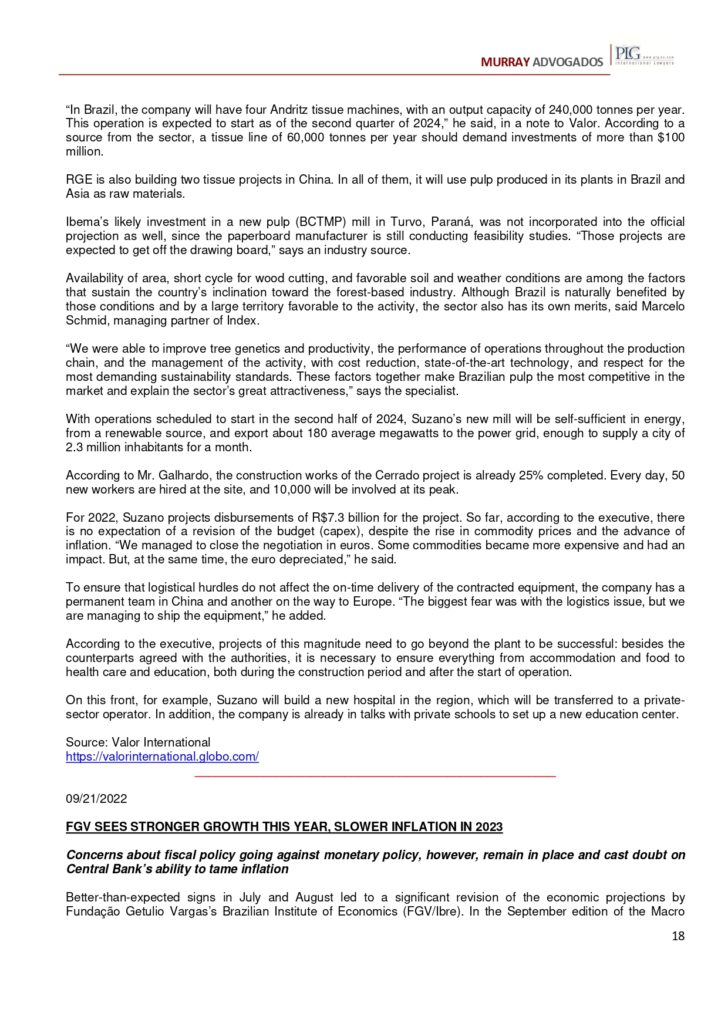
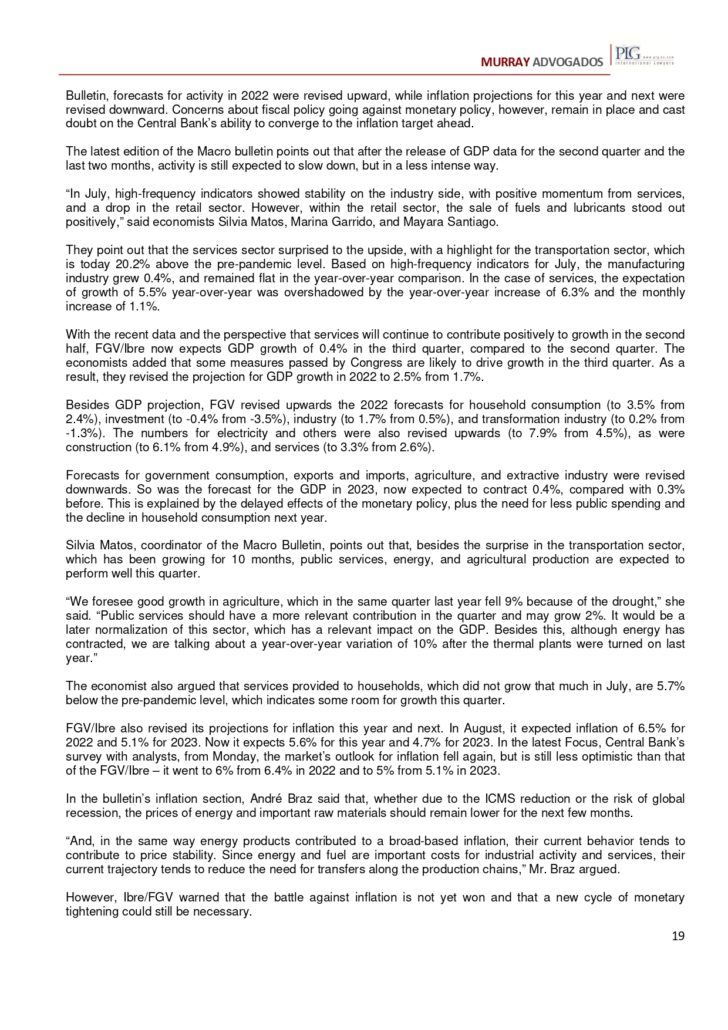
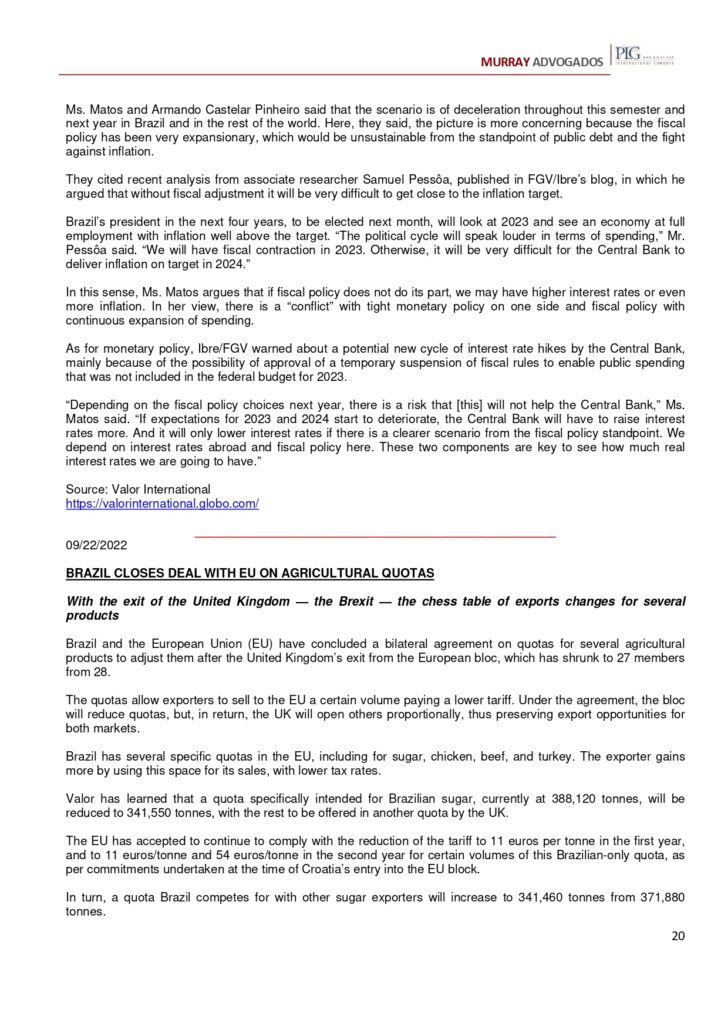
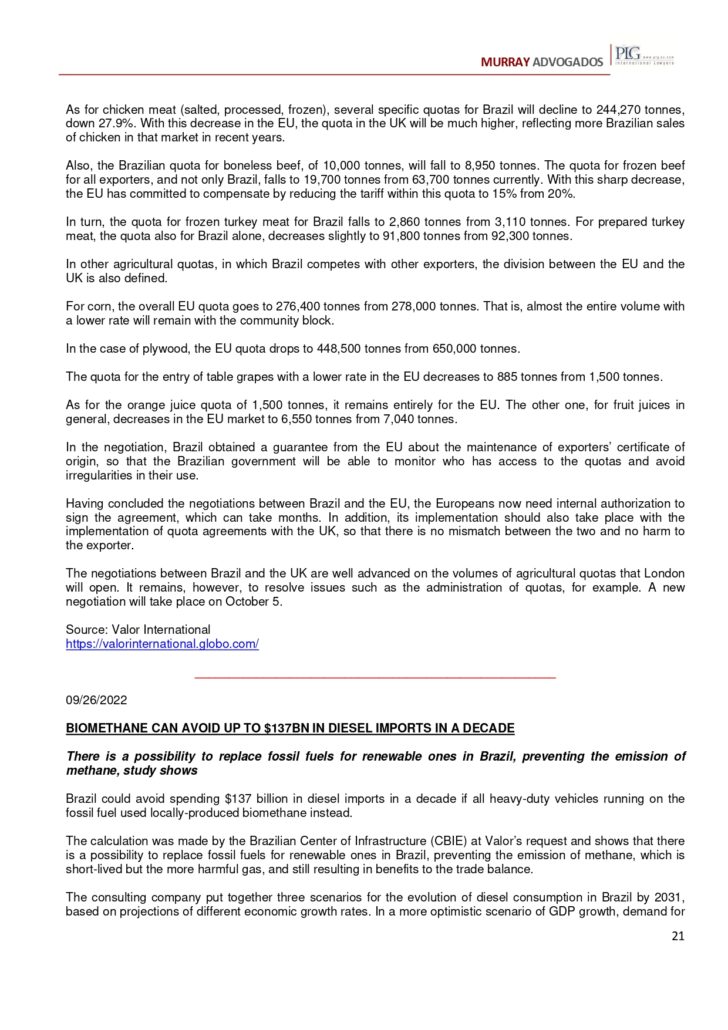
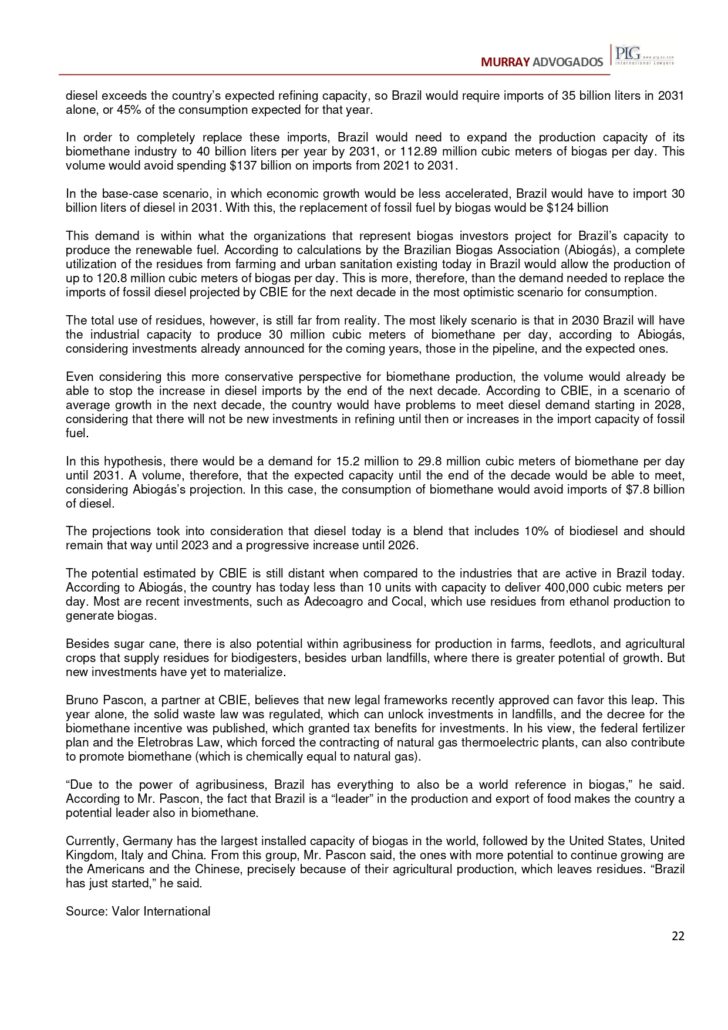
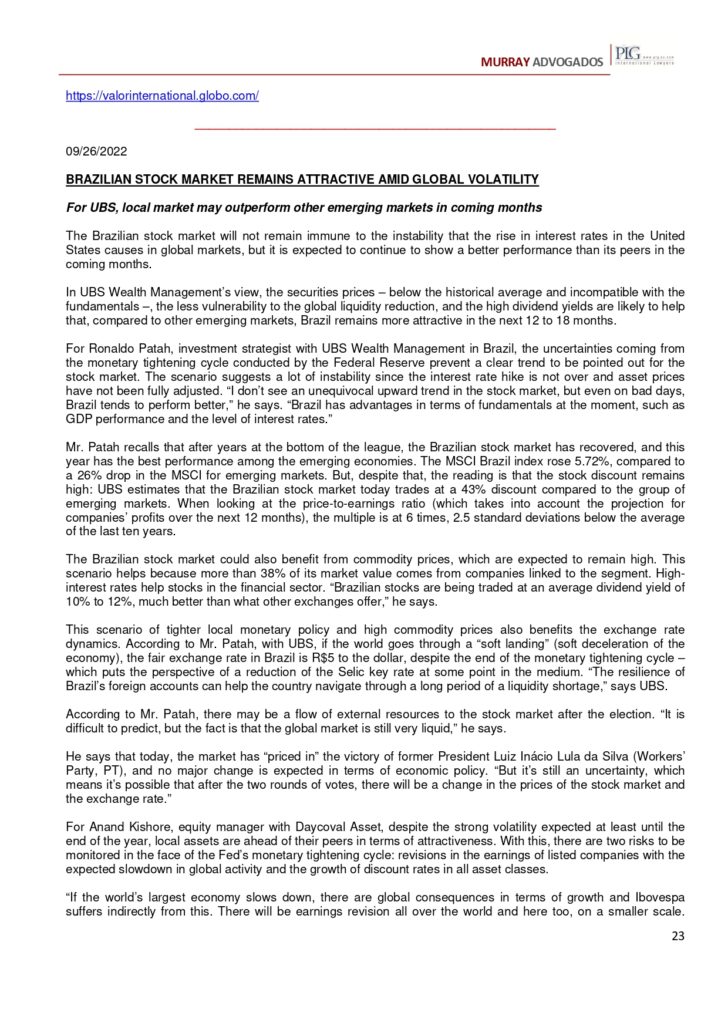
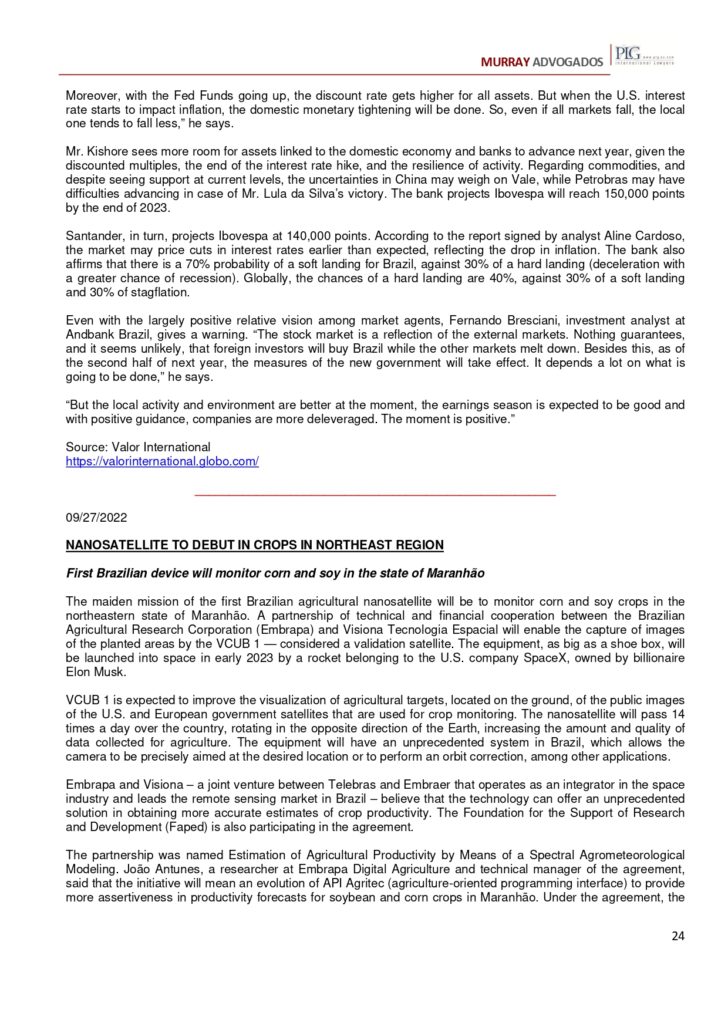
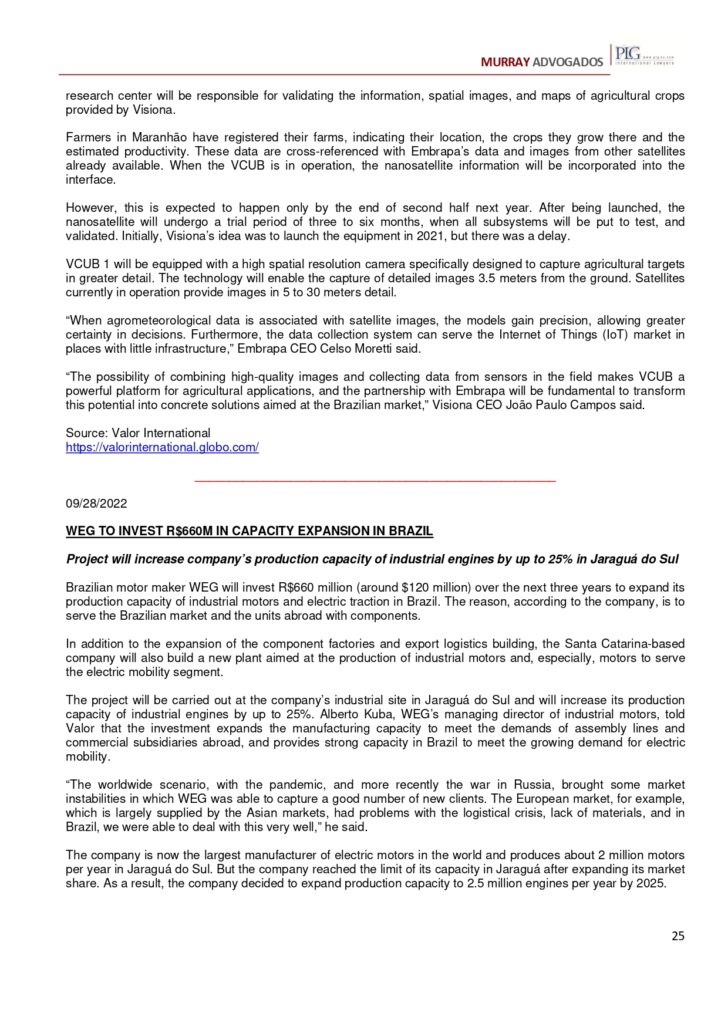
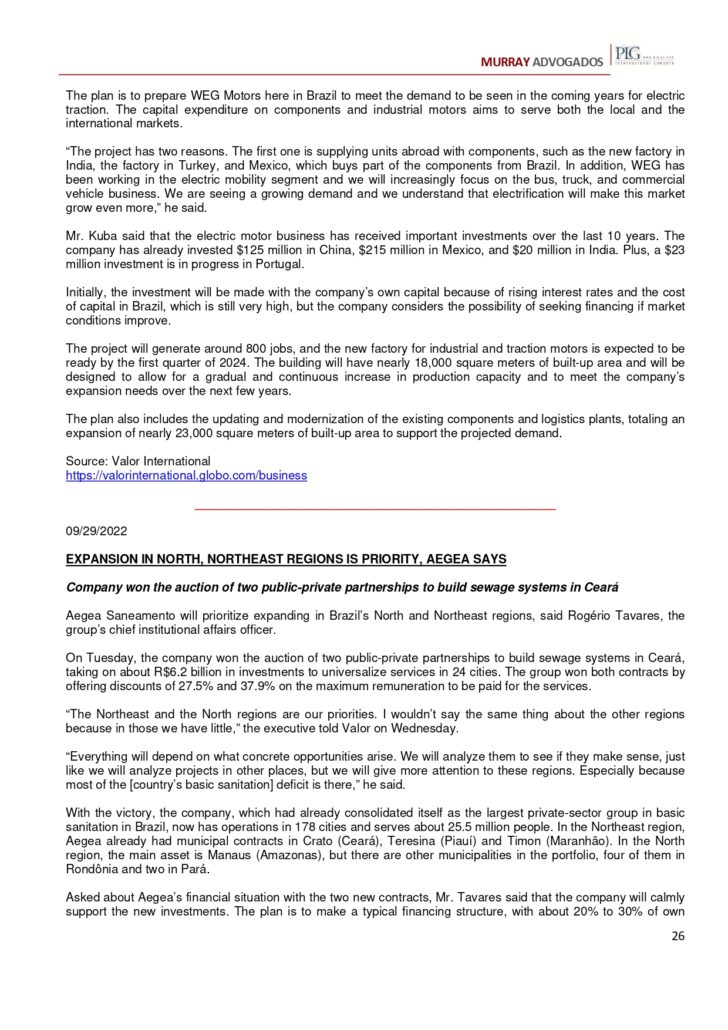
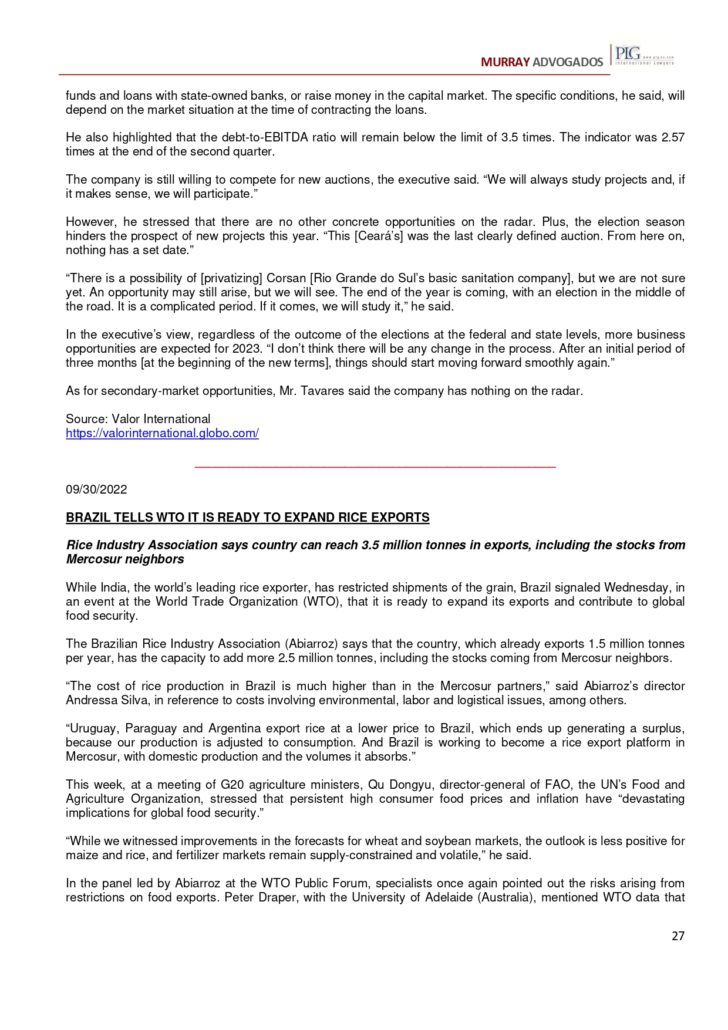
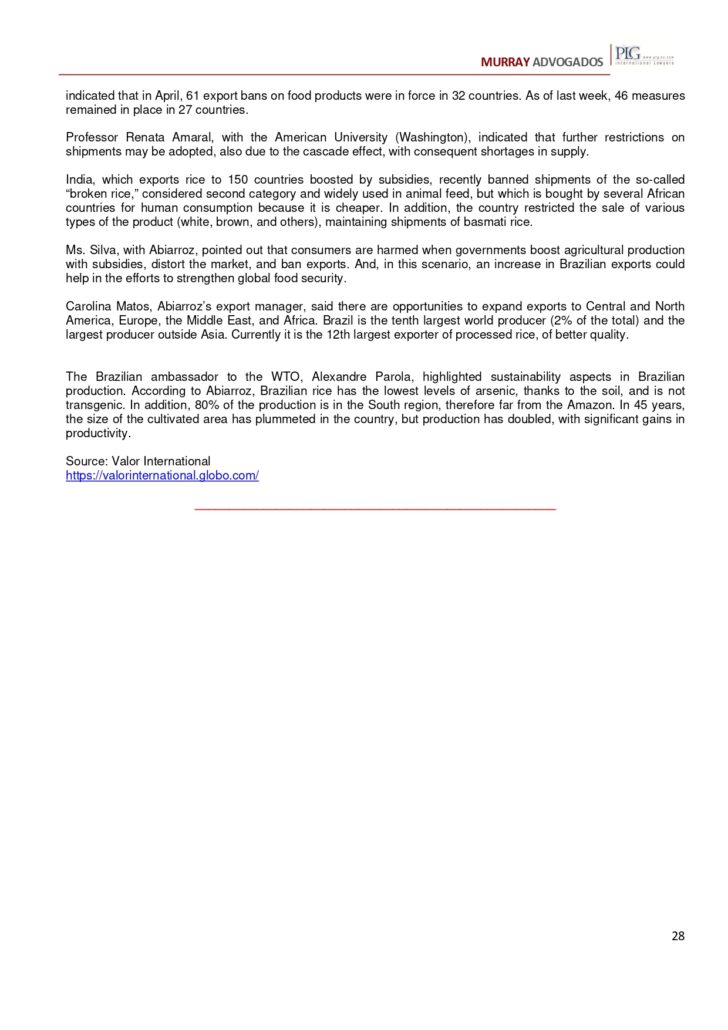
/i.s3.glbimg.com/v1/AUTH_37554604729d4b2f9f3eb9ad8a691345/internal_photos/bs/2021/k/A/FB7T5gQnuaBLAhfNo6Aw/ocde-divulgacao-ocde.jpg)
/i.s3.glbimg.com/v1/AUTH_37554604729d4b2f9f3eb9ad8a691345/internal_photos/bs/2021/T/e/UJ0WpdQaS7E24Y3ElSzw/01bra-100-omc-a3-img01.jpg)